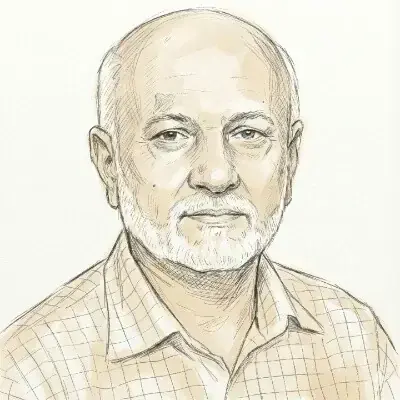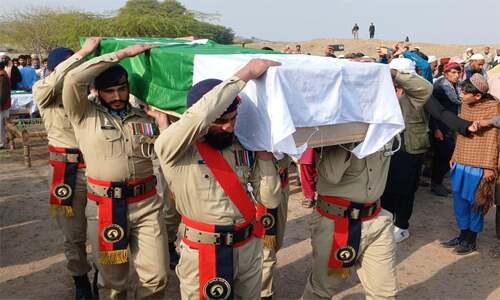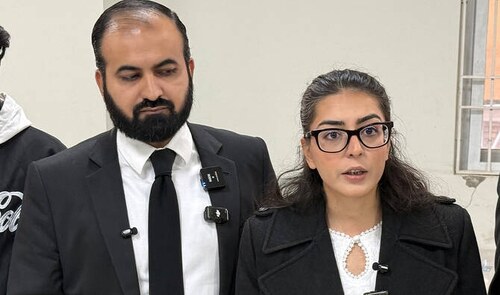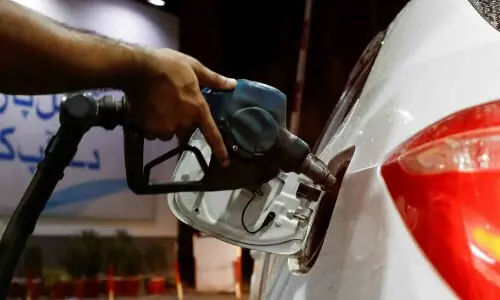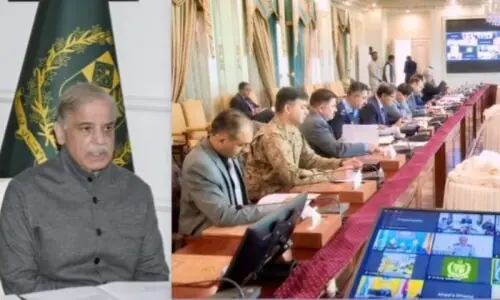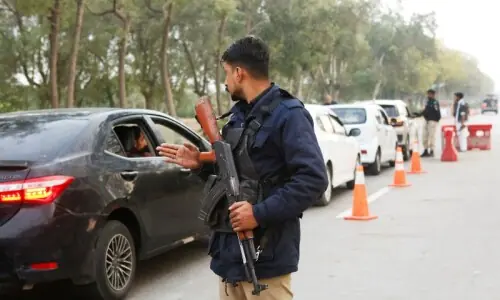ISLAMABAD: The International Crisis Group (ICG) has urged the Pakistani government to withdraw the offer of talks with militants and instead develop a coherent policy framework rooted in strengthening of civilian law-enforcement institutions to tackle militancy.
“The state must adopt a policy of ‘zero tolerance’ towards all forms of militancy, and negotiations with [the banned] Tehreek-i-Taliban Pakistan without preconditions or a roadmap are unwise,” the Brussels-based Crisis Group said in a report released on Thursday.
“Such a strategy is bound to fail, as have successive military-devised peace deals with tribal militants in recent years that only expanded the space for Jihadi networks in Fata, Khyber Pakhtunkhwa and countrywide,” the report said.
The group suggested that Pakistani policymakers must acknowledge and address socio-economic disparities that lead to crime and militancy in urban centres. Stemming the spread of urban violence requires efficient, accountable, civilian-led policing.
Yet, forces in all four provincial capitals are hampered by lack of professional and operational autonomy, inadequate personnel and resources and poor working conditions.
Instead of relying on military or paramilitary forces to restore order, provincial governments should guarantee security of tenure for police officers, end all interference in police operations and raise police morale, including by acknowledging and supporting a force that has been repeatedly targeted by terrorists.
It is equally important for all the four provinces to reform and modernise the urban policing system to meet present needs, it says.
The ICG advised political parties to end all links with criminal gangs in Karachi and Jihadi groups in Punjab, and expand the jurisdiction of police and bolster their law-enforcement mandate.
It advised the federal government to devote necessary resources to enable the National Counter-Terrorism Authority (Nacta) to function as a central data bank on terrorist groups, including voice matching, fingerprinting, DNA analysis and other forensic-related information.
The report feared that provincial capitals would remain an attractive venue for militant and criminal networks to raise money, recruit foot soldiers and attack ethnic rivals, sectarian minorities and state institutions.
In many urban centres, particularly Quetta and Peshawar, urban violence is integrally linked to semi-urban, rural or tribal outskirts used by militants as safe havens.
Since police are not allowed to pursue perpetrators of violence in many of these areas, their hands will remain tied until the FCR and other legal and jurisdictional anomalies are removed.
So long as Islamabad allows the military to lead security, heavy-handed, selective operations, accompanied by appeasement deals, will empower Jihadi groups and tribal militants in Peshawar and Quetta, the report fears.
Karachi’s killing spree will continue if the mainstream political parties do not cut their links to armed gangs and persuade their constituents to follow suit.
Yet, the nexus between criminal and jihadi organisations countrywide could remain a threat to Karachi’s security, as it does to Lahore.
The report points out that the Punjab government’s unwillingness to prevent all banned organisations, including Lashkar-e-Taiba, Jamaatud Dawa and Jaish-e-Mohammed, from operating freely has further emboldened militants.
Curbing urban conflict requires a mix of political and economic solutions. It also requires improved policing in provincial capitals. Instead of selective and sporadic action, there is need for consistent, comprehensive efforts to curtail crime across the board.
While demoralised police are paralysed by political interference and lack of adequate resources and political support, they could become effective if properly authorised and given institutional and operational autonomy, it says.
If tribal militants are allowed to control the hinterlands, their capacity and that of their countrywide network of criminal and jihadi groups to target urban centres will increase further, the report warned.

